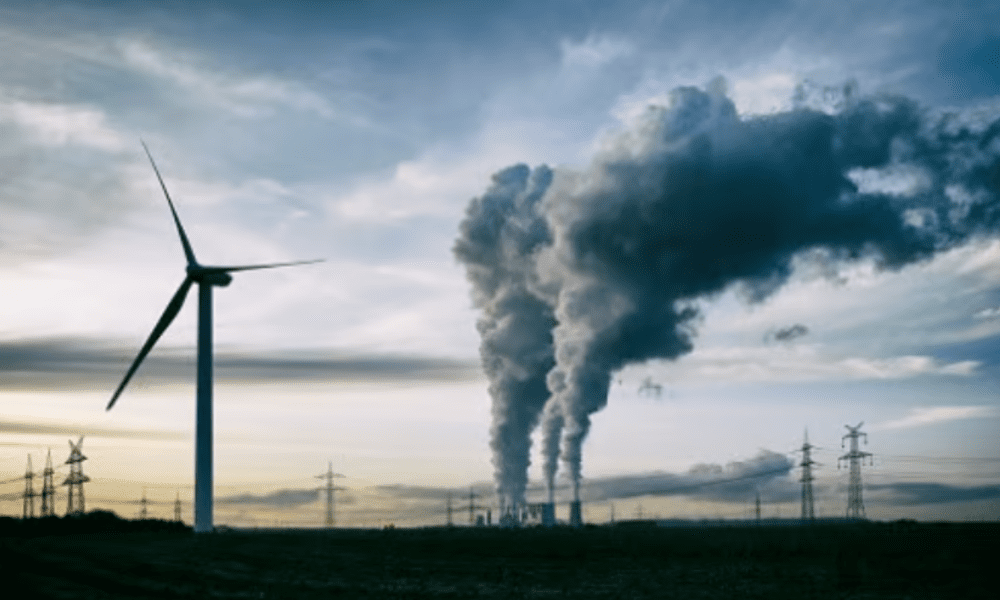Hawaii Supreme Court rules greenhouse gases are pollutants

Hawaii Supreme Court rules greenhouse gases are pollutants | Insurance Business America
Insurance News
Hawaii Supreme Court rules greenhouse gases are pollutants
Ruling issued in case relating to two subsidiaries of AIG
Insurance News
By
Jonalyn Cueto
The Hawaii Supreme Court has ruled that greenhouse gases (GHGs) fall under the pollution exclusions in commercial general liability policies. The decision was rendered in a case involving Aloha Petroleum Ltd. and two subsidiaries of American International Group Inc. (AIG).
Aloha Petroleum sought defense against lawsuits filed by the city and county of Honolulu, as well as Maui County, which alleged that the company’s fossil fuel products contributed to climate change-related damages. The municipalities are also pursuing legal action against 20 other major fossil-fuel corporations, including ExxonMobil, Chevron, Shell, BP, and ConocoPhillips, for failing to warn consumers about the risks of fossil fuel use.
A report from AM Best noted that the case before the Hawaii Supreme Court raised two key legal questions: whether recklessness could still be considered an accident under the terms of the insurance policy, and whether GHGs qualify as pollutants as defined by the policy’s exclusions.
In its ruling, the court affirmed that reckless actions can still be deemed accidents, even if the insured party was aware of the risks, as long as the harm caused was not “practically certain” to occur. The decision clarified that an action can be considered an accident if the intent to cause harm is absent, even if there was some awareness of the associated risks.
On the issue of pollution exclusions, the court determined that GHGs are indeed pollutants under the policies in question. The court reasoned that these gases, when emitted into the atmosphere and contributing to environmental damage, fit within the policy’s definition of pollutants as “solid, liquid, gaseous, thermal irritants or contaminants” that cause bodily injury or property damage.
“Emitting the greenhouse gases that cause climate change is pollution,” the court highlighted. “By plain language, GHGs are ‘gaseous,’ ‘contaminants’ that are ‘released’ causing ‘property damage.’”
AIG’s underwriting entities currently hold an A (Excellent) financial strength rating from AM Best.
Do you know any other cases related to climate change? Share your stories in the comments below.
Related Stories
Keep up with the latest news and events
Join our mailing list, it’s free!






